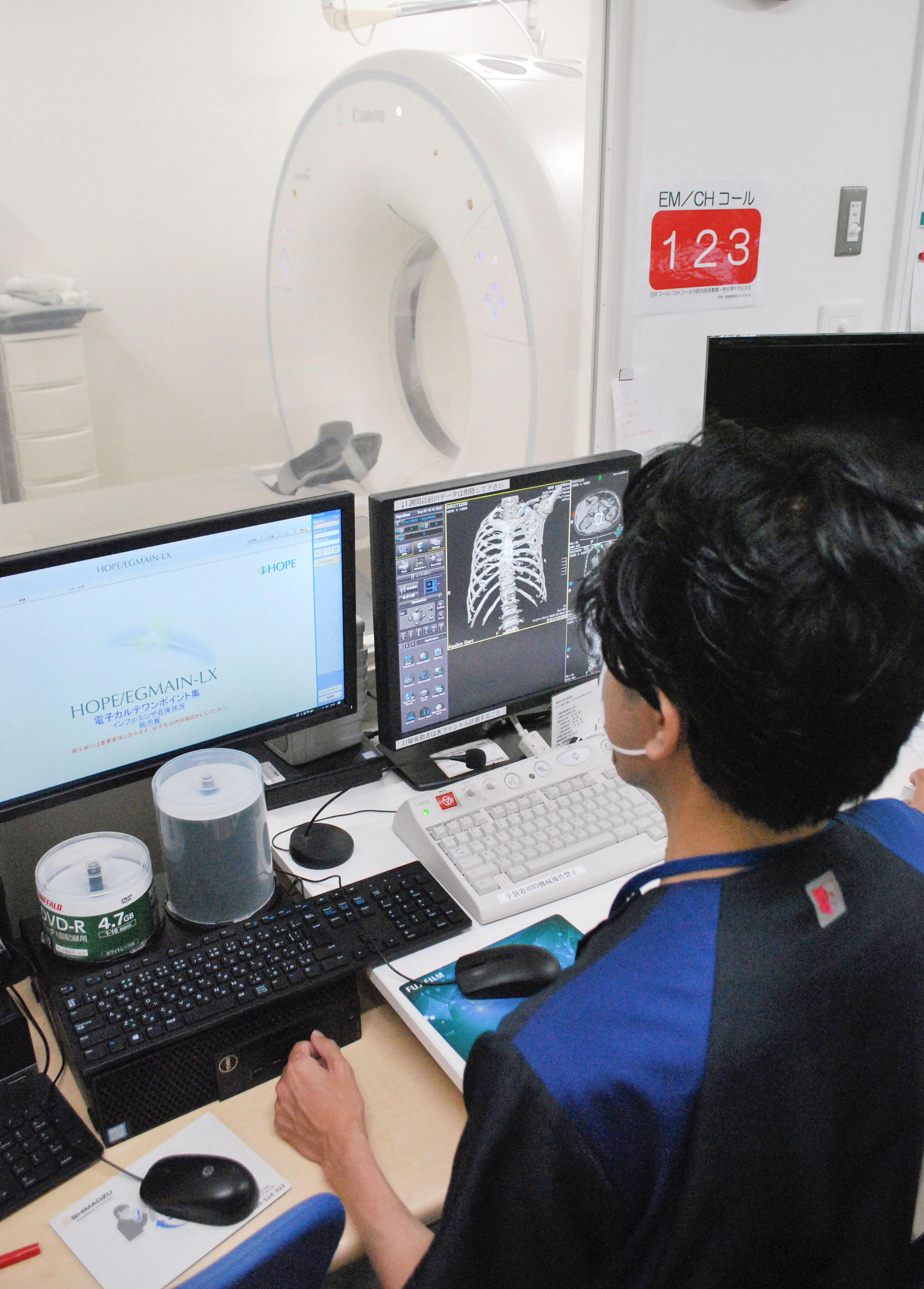Japan is primed to kick off comprehensive deliberations on the revision of the healthcare remuneration system, a topic of great relevance for its citizens. The discussions, which will have sweeping repercussions on the country's economy and healthcare sector, are expected to take place in the near future. The exact changes and their implementation timeline remain unclear as of now, but it is apparent that such changes are inevitable and the discourse surrounding it is gathering steam.
Healthcare remuneration is vital in Japan, directly impacting the quality and accessibility of healthcare services to its ageing population. Changes to the payment system can alter how patients are charged for medical services, how medical practitioners are compensated, and how healthcare resources are allocated, bringing about potential shifts in society's attitude toward healthcare.
Similar discussions have occurred in both the United States and the European Union, though the specifics vary considerably. In the U.S., debates often center around the privatized insurance-based system and the pursuit of a more universal healthcare system. The EU, with diverse healthcare systems across its members, regularly debates the harmonisation of healthcare provision and the handling of healthcare costs.

